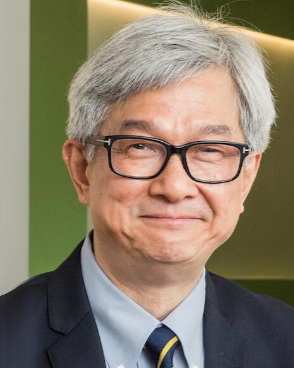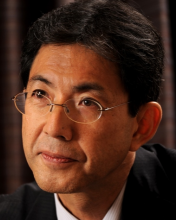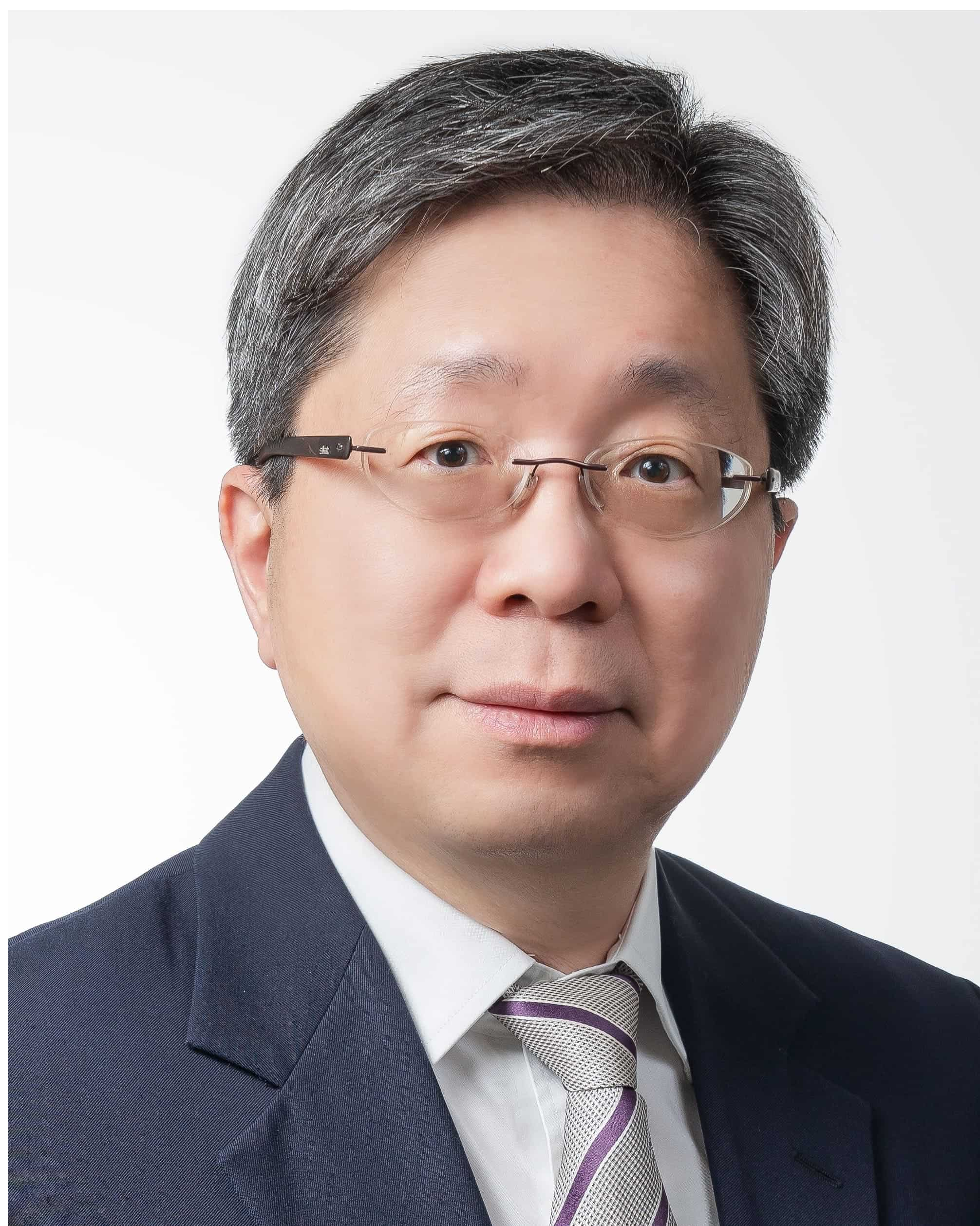Plenary Speakers

David T.W. Wong , D.M.D., D.M.SC.
Professor
Director of the UCLA Center for Oral/Head & Neck Oncology Research (COOR)
David T.W. Wong, D.M.D., D.M.Sc., is a professor in the Section of Biosystems and Function in the Division of Oral and Systemic Health Sciences. He is the director of the UCLA Center for Oral/Head and Neck Oncology Research. An active scientist in oral cancer and saliva diagnostics research. He has authored over 320 peer-reviewed scientific publications. He is a fellow of the American Association for the Advancement of Sciences (AAAS), past member of the ADA Council of Scientific Affairs and the past president of American Association of Dental Research (AADR). Dr. Wong's Lab website (https://www.hspp.ucla.edu).
Plenary Speakers

Prof. Yasuhiko Tabata
Professors Emeritus, Graduate School of Medicine, Kyoto University
Professor, Institute for Virus and Regenerative Medicine, Kyoto University
The Board of Govenors, the Japanese Regenerative Medicine Society
Dr. Yasuhiko Tabata, Professor Emeritus at Kyoto University, is a Special Professor of "Cell Biotechnology" in the Department of Plastic and Reconstructive Surgery at Kyoto University’s Graduate School of Medicine and a guest professor at 17 universities across various disciplines. He holds a BD in Polymer Chemistry (1981), a Ph.D. in Technology (1988), a D.Med.Sc. (2002), and a D.Pharm. (2003), all from Kyoto University. He was a Visiting Scientist at MIT under Professor Robert Langer (1991-92). Dr. Tabata has published 1,710 papers, including 146 book chapters and reviews, and holds 130 patents. His numerous awards include the Scientific Award from the Japanese Society for Biomaterials (2002), the Japan Society of Drug Delivery System (2011), and the TERMIS-AP Excellent Achievement Award (2022).
His interdisciplinary research bridges polymer chemistry, pharmaceutical science, biology, and medicine, with a focus on translational research connecting bioengineering, clinical science, and industry. He develops biodegradable and non-biodegradable biomaterials for applications in drug delivery systems (DDS), tissue engineering, regenerative medicine, stem cell technology, and medical diagnostics. His work has contributed to both clinical therapies in regenerative medicine and the commercialization of products for research and cosmetics.
Plenary Speakers

Eric Y. Chuang, Ph. D.
Vice President & General Director, Biomedical Technology and Device Research Laboratories, Industrial Technology Research Institute
Professor, Graduate Institute of Biomedical Electronics and Bioinformatics, National Taiwan University
Dr Chuang obtained his PhD in cancer biology, specializing in toxicology and molecular genetics from Harvard University in 1997, focusing on radiation-induced mutagenesis in human cells for his doctoral thesis. He then joined the National Cancer Institute (NCI), National Institutes of Health (NIH) as an IRTA fellow, researching radiogenomics, and later became Head of the Microarray Laboratory for Radiation Oncology Sciences Program at NCI, where he advanced microarray technologies for studying radiation-induced molecular mechanisms and genomic effects.
In 2011, he returned to National Taiwan University (NTU), serving as Director of the Graduate Institute of Biomedical Electronics and Bioinformatics (BEBI) from 2012 to 2018, and held an EMBA from NTU. Currently, he’s a BEBI Professor and General Director of Biomedical Technology and Device Research Laboratories, Industrial Technology Research Institute (ITRI), Hsinchu, Taiwan, being an expert in Genomic Technologies, Bioinformatics, Cancer, Oncology, Radiation Biology, Biomedical Engineering, and Precision Medicine. He has authored over 165 peer-reviewed publications, and also serves on the editorial board of Scientific Reports and is Editor-in-Chief of Translational Cancer Research.
Plenary Speakers

Prof. Kam W. Leong
Samuel Y. Sheng Professor, Department of Biomedical Engineering, Columbia University
Fellow, NAI & AIMBE & RSC
Editor-in-Chief, Biomaterials
Leong’s research focuses on the development of innovative biomaterials for two major therapeutic applications: drug delivery and regenerative medicine.
He uses polymeric biomaterials to deliver chemotherapeutics, DNA-based therapeutics, and cells for cancer therapy, gene therapy, immunotherapy, and cell therapy. He also uses tissue engineering principles and stem cell engineering to construct human tissue-on-a-chip for disease modeling and high-throughput drug screening.
In cancer therapy, Leong collaborates with Dr. Tadao Ohno to develop a tumor vaccine comprising cytokines and tumor tissue fragments from the patients. It has been used to treat over 350 brain cancer patients in Japan. In nonviral gene therapy, Leong demonstrates the feasibility of using DNA nanoparticles to deliver FVIII and FIX genes orally to treat hemophilia in animal models. He has also developed nanomanufacturing techniques to produce DNA nanoparticles, a critical barrier in the eventual translation of nanomedicine. In regenerative medicine, Leong pioneers the application of DNA nanoparticles to convert adult cells from one cell type to another, raising the possibility of treating intractable neurodegenerative disorders via nonviral cell reprogramming. He has also recently developed nanoparticle-mediated genome editing technologies to delete harmful genes and correct genetic disorders. The work will impact precision medicine and the development of human tissue-on-a-chip for new drug development.
Leong received a BS in chemical engineering from the University of California, Santa Barbara and a PhD in chemical engineering from the University of Pennsylvania. He is a member of the National Academy of Engineering and the Editor-in-Chief of Biomaterials.